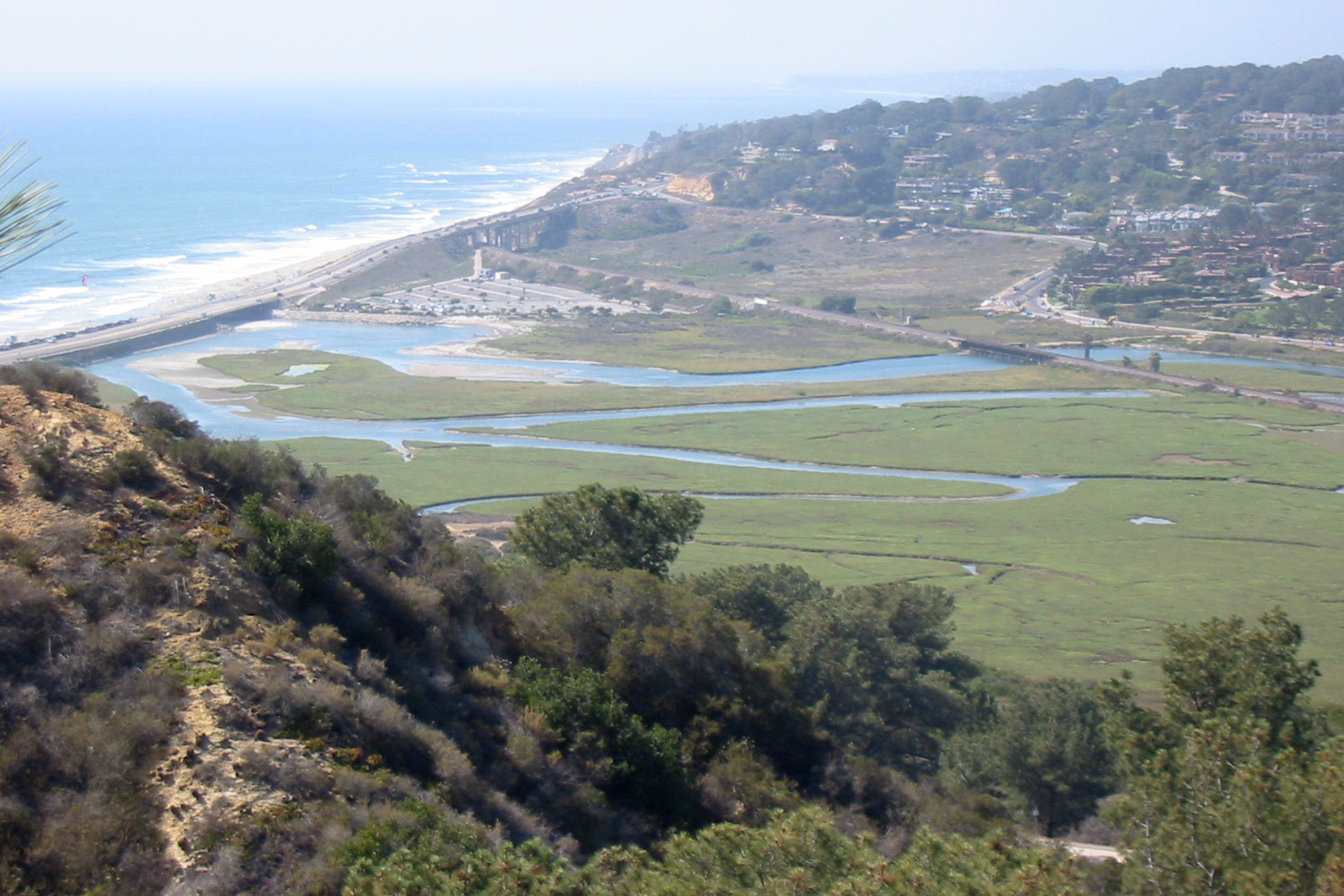Monitoring and Management of Lagoon Mouths in Southern California
Monitoring and Management of Lagoon Mouths in Southern California
Monitoring and Management of Lagoon Mouths in Southern California
Program: NERRS Science Collaborative
Program details » | All NERRS Science Collaborative projects »

Photo credit: Tijuana River NERR
Why this work?
Southern California lagoons are complex, both in their environments and their management. In their natural states many estuaries periodically open and close to the sea, but the strategy in recent decades has been to actively manage these lagoons to be largely open to improve water quality. Recently, however, scientists and managers have been reconsidering this one-size-fits-all approach. Managing a lagoon mouth to be continually open can be expensive, and a lagoon that is allowed to close may engender a unique set of species and environmental services. This study used existing knowledge and gathered new data to provide managers with the information they need to improve the health of this resource.
About this project
A team of collaborators from the Tijuana River National Estuarine Research Reserve, Southwest Wetlands Interpretive Association, and University of California-Davis explored the environmental consequences of managing the opening and closing of lagoon mouths. The project approach included the following elements:
Collaboration with Users: The project team regularly engaged members of the Southern California Wetlands Recovery Project, which coordinates and funds restoration projects throughout the region.
Data Synthesis: Long-term water quality and vegetation data were analyzed from three estuary systems: San Diego Bay, Los Peñasquitos Lagoon, and Tijuana Estuary. The team looked at how mouth closures influence factors such as dissolved oxygen and salinity, which in turn affect plants and animals.
Literature Review: The project team pulled together relevant scientific articles and reports to guide its interpretation of monitoring data and development of management recommendations.
Project lead and contact
Dr. Jeff Crooks, Tijuana River National Estuarine Research Reserve, Email: [email protected]
To learn more, view the project fact sheet (PDF).